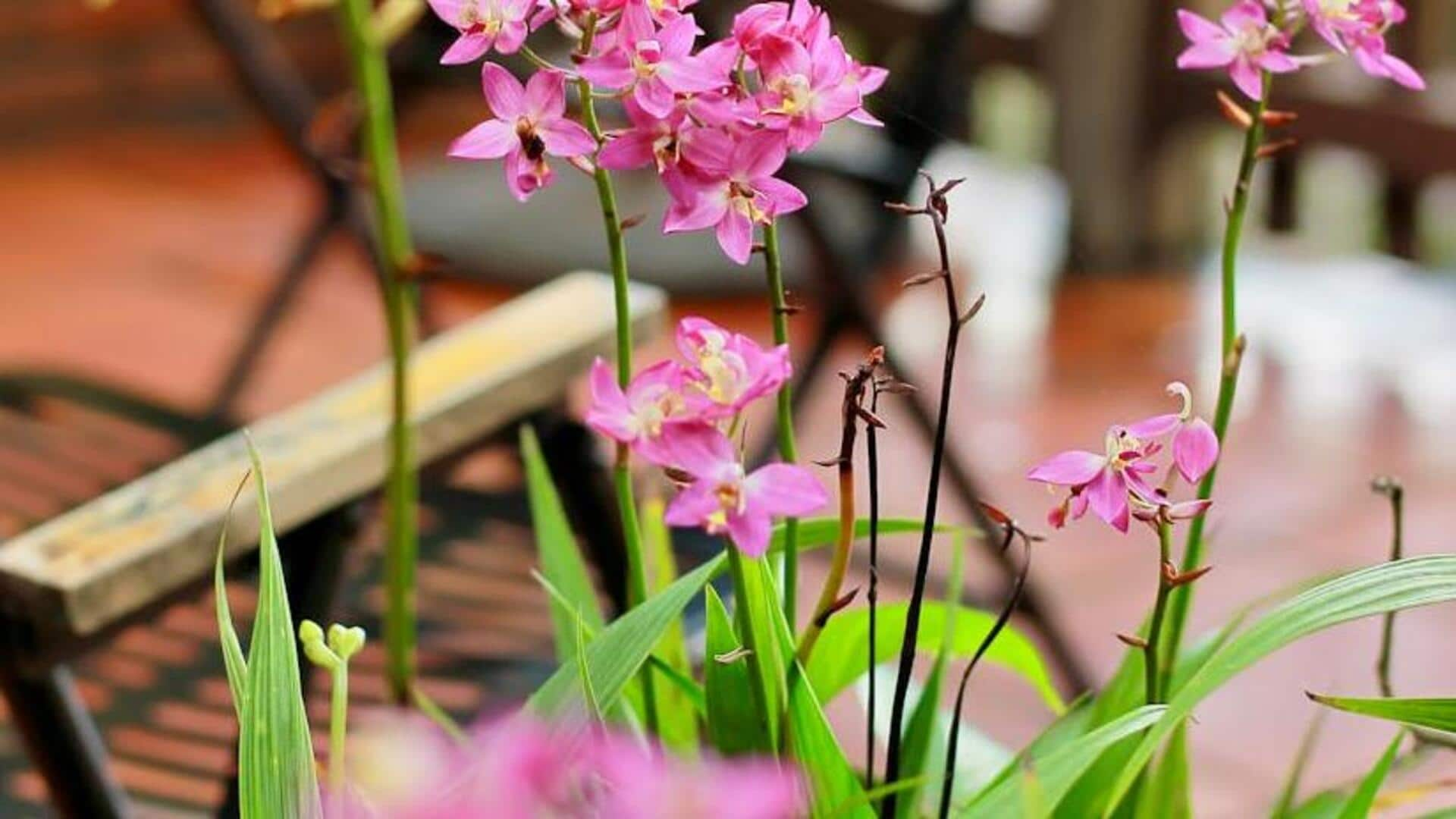
Urban gardening: 5 hacks to reconnect with nature
What's the story
In the hustle and bustle of city life, urban gardening presents a unique opportunity to reconnect with nature.
Even with limited space and resources, urban dwellers can cultivate their own green oasis.
From enhancing the environment to providing personal satisfaction and a sense of accomplishment, this practice offers it all.
Here are five practical ways to immerse yourself in nature through urban gardening, helping you foster a deeper connection with the natural world.
Container gardening
Start with container gardening
Container gardening is an ideal way for urban dwellers to grow plants even in limited space.
Using pots, buckets or any other container, you can grow a number of plants on balconies, rooftops, or even windowsills.
This technique makes it easy to move plants around and customize them according to your constraints.
Further, container gardening also helps in managing soil quality and water usage effectively.
Native plants
Incorporate native plants
Not only is it beneficial to the environment, but it's also good for your gardening experience.
Native species adapt better to local climate conditions, and are less demanding compared to exotic varieties.
They attract local pollinators like bees and butterflies, which will add to the biodiversity of your urban area.
Choosing native plants helps maintain ecological balance, and gives an authentic flavor to your region's flora.
Vertical garden
Create a vertical garden
Vertical gardens take your limited space to another level by letting you grow up instead of out.
Utilizing trellises, wall-mounted planters, or hanging pots can turn empty walls into stunning green expanses.
This way, not only do you beautify your space but also enhance the quality of air by increasing the number of plants in a small area.
Home composting
Composting at home
Composting at home is a great way to cut down waste while enriching soil for your garden.
By recycling kitchen scraps such as vegetable peels and coffee grounds into compost bins or piles, you generate nutrient-rich material that promotes plant growth without chemical fertilizers.
Not to mention, home composting also makes you more sustainable by reducing landfill contributions.
Community gardens
Engage in community gardens
The best part about participating in community gardens is that you get to socialize as well as contribute to the environment.
These shared spaces allow you to learn a thing or two from other gardeners while you work towards greener neighborhoods together.
Working on community gardens helps build a sense of community between residents who share the same interest in sustainable living practices by getting their hands dirty together.